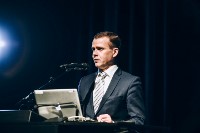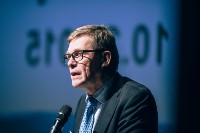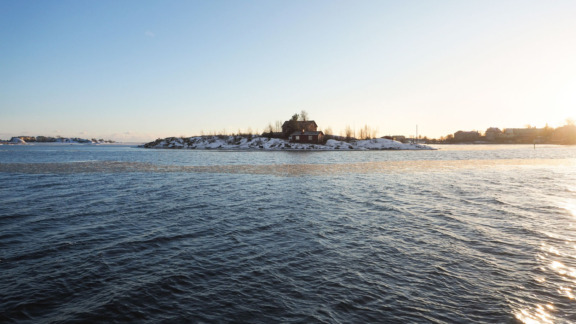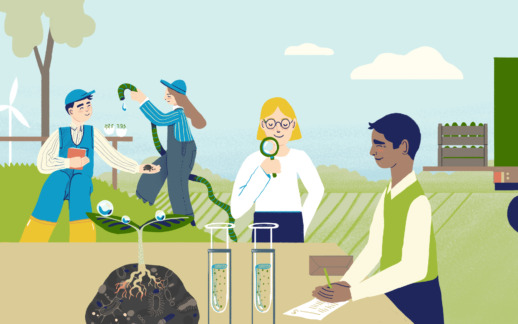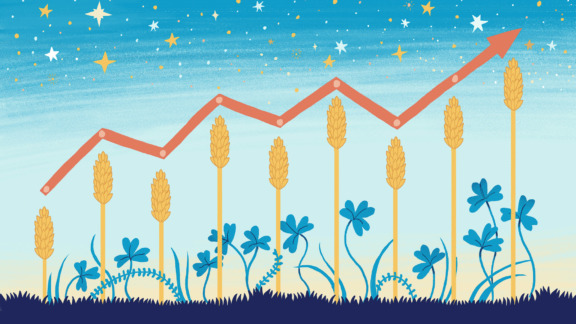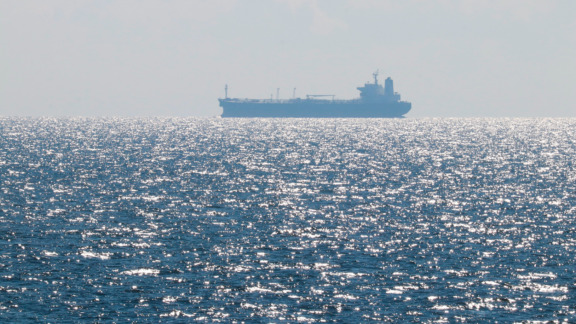PRESS RELEASE: Valuable nutrients are leaking from the food chain
Less than 20 percent of phosphorous and nitrogen, vitally important nutrients used in the food production end up on our plates. These precious resources are wasted through the whole food chain, in primary production, refinement, consumption and in the communal waste water treatment. It’s estimated that just the nutrients in animal manure produced in Baltic Sea Region are worth 1.5 billion euros.
Leaks in the food chain are largely responsible for the Baltic Sea eutrophication and contribute also to the climate change. In the inefficient nutrient cycle lies also an opportunity; forerunners with required new knowledge and technology could find global markets.
“Tulevaisuuden ruokaketju” (or “The Future Food Chain“) –event held at Musiikkitalo in Helsinki 10.2.2015 gathered almost 200 societal decision makers to discuss the economic and environmental possibilities of nutrient cycling.
Petteri Orpo, the Finnish minister of Agriculture and Forestry opened the event, hosted by Baltic Sea Action Group and project NUTS -Transition towards Sustainable Nutrient Economy in Finland. Minister Orpo stated that even though the times are tough for Finnish food production at the moment, the sector is bound to grow in the future.
“There is a global demand for technological solutions” Orpo stated and told about his visit at a major model farm in China, where manure processing technologies would come in handy. The 7000 hectare farm had 60 000 heads of cattle – and manure piled untreated in the yard.
Orpo said that there is going to be piloting of these technologies and processes at Mynälahti area, South-West Finland, which can then be applied to other areas.
“Finland has a good opportunity to develop technology for e.g. processing precision fertilizer based on manure. Succeeding in that, we would also have a positive effect on the Baltic Sea”, stressed Ilkka Herlin, Baltic Sea Action Group’s Chairman of the Board.
Five years ago Finland made a Commitment to become a model country in nutrient cycling, reminded the former Prime Minister Matti Vanhanen at the event.
“It is a matter of honor that Finland fulfills the Baltic Sea Commitment”, said also Minister Orpo .
“Nutrient cycling has got an enormous potential for both the environment and the economy”, stressed ProfessorSixten Korkman in his speech addressing the economic aspects of the issue.
The food chain is leaking. Nutrient leakages causing eutrophication is not only a problem in Finland, the Baltic Sea or the EU, but concerns the whole planet.
“To be able to feed the world’s growing population in 2050, we need to use more vegetarian food, we need to reduce the food waste and recycle the nutrients”, stressed the leader of the NUTS project, professor Lassi Linnanen from Lappeenranta Technical University.
“To get there we need a system level change. Both in Finland and in the EU we need clearer food policy, not just agriculture, environment or other sector policies”, said Linnanen.
The in use solutions of sustainable nutrient use were presented by e.g. Honkajoki Ltd and Baltic Sea commitment makers Fazer, Hankkija and Yara.
“This should concern everyone one of us who eats”, concluded Ilkka Herlin.
|
|
Pictures by Aleksi Poutanen:
|
|
|
|
|
|
© Aleksi Poutanen
